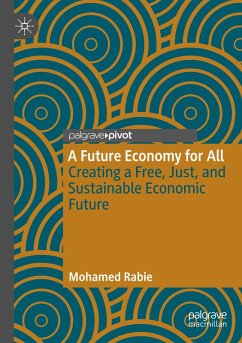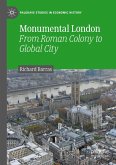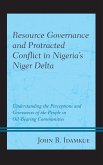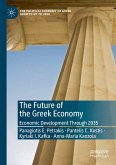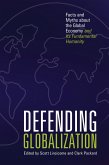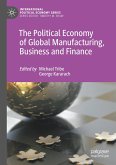This book journeys through human history, beginning with the tribal age and ending with an option for what's to come after the knowledge age. It examines the profound influence that culture, civilization, and materialism have on the distribution of wealth, knowledge, and power. It critically examines the shortcomings of current education and healthcare systems, shedding light on the difficulties nations face in effectively addressing the needs of citizens and population including refugees. The author challenges the existing societal frameworks, advocating for the adoption of novel political and economic systems firmly grounded in the principles of justice, freedom, and equity. At the core of this is a folk-political system that values productivity and empowers workers and workforces to innovate.
Written for a discerning audience of economists, policymakers, scholars, and students, the book shifts the paradigm of the knowledge age away from issues with powerand toward a future that values justice, freedom, and sustainability. Readers will gain invaluable insights into reshaping our societies, fostering inclusive economic growth, and ensuring a better world for all.
Written for a discerning audience of economists, policymakers, scholars, and students, the book shifts the paradigm of the knowledge age away from issues with powerand toward a future that values justice, freedom, and sustainability. Readers will gain invaluable insights into reshaping our societies, fostering inclusive economic growth, and ensuring a better world for all.

